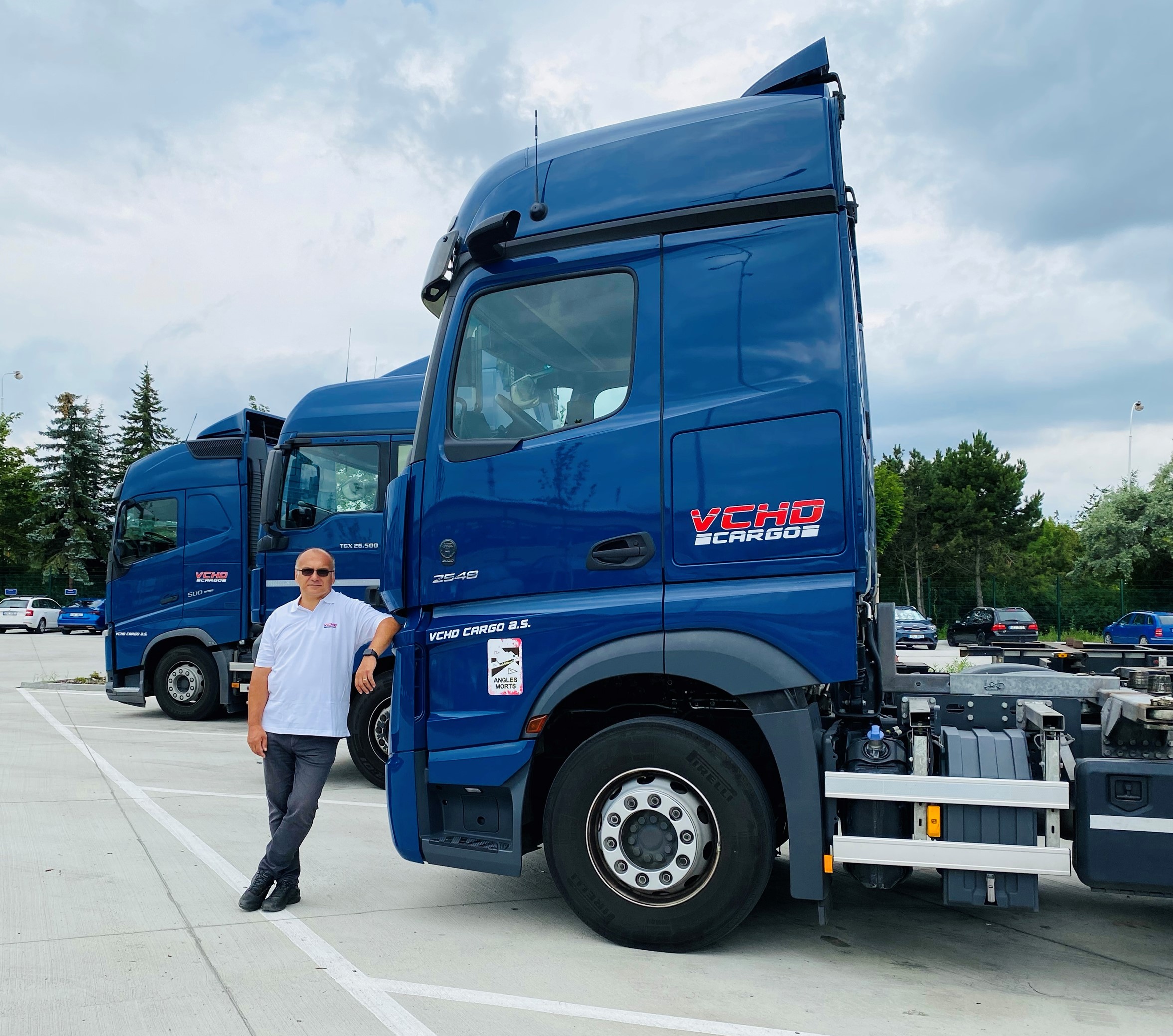Two years ago, the most pressing problem plaguing carrier companies was the lack of professional drivers. The corona crisis has only deepened this trend and has brought about many other serious challenges.
There is a lack of professional drivers everywhere in Europe and although VCHD Cargo has been able to buck the trend and actually increase the number of our drivers we keep a close eye on the situation. As things stand at the moment, global supply chains are very shaky and the European market sees demand for transport services hugely exceeding offer. This has been driven by a number of factors such as a swift recovery of European economies after the first wave of covid and, as I already mentioned, a chronic lack of drivers but there have been other unforeseen issues as well including longer delivery dates on new trucks and, most importantly, great shifts in the market. Consumer habits and preferences have changed with a skyrocketing demand for parcel delivery services on the one hand and a collapsing sea shipping industry responsible for bringing cheap goods from Asia on the other hand. Supply chains have been disrupted making freight planning extremely complicated across the globe as well just within Europe. And when planning gets complicated in our business it becomes increasingly difficult to fully leverage vehicles and quickly respond to demands for extra capacity.
A solution of this situation in Europe, the region that concerns us the most, requires first and foremost a more predictable intercontinental traffic. In the long term, however, other crucial steps forward are increasing the prestige of the truck driving profession and improving comfort and services for drivers (such as building more rest stops with high-quality amenities on key backbone routes), rollout of technological innovation and systemic changes. Unfortunately, drivers continue to see little sympathy for their plight and the market shows little willingness to embrace innovations. The only truly progressive change that we have seen recently is the wider use of land trains. There has long been talk about autonomous driverless vehicles but no quick and significant development can be expected in this respect in the near future. As for systemic changes, commercial exchange within Europe continues to grow in intensity. Efforts to boost local consumption have completely failed and demand for long-distance freight keeps increasing. It might seem that carriers such as VCHD Cargo would see this as excellent news. But if we step back and consider the wider context, we must realise that this trend is not sustainable on any level – be in it in terms of price, staff or the environment.

